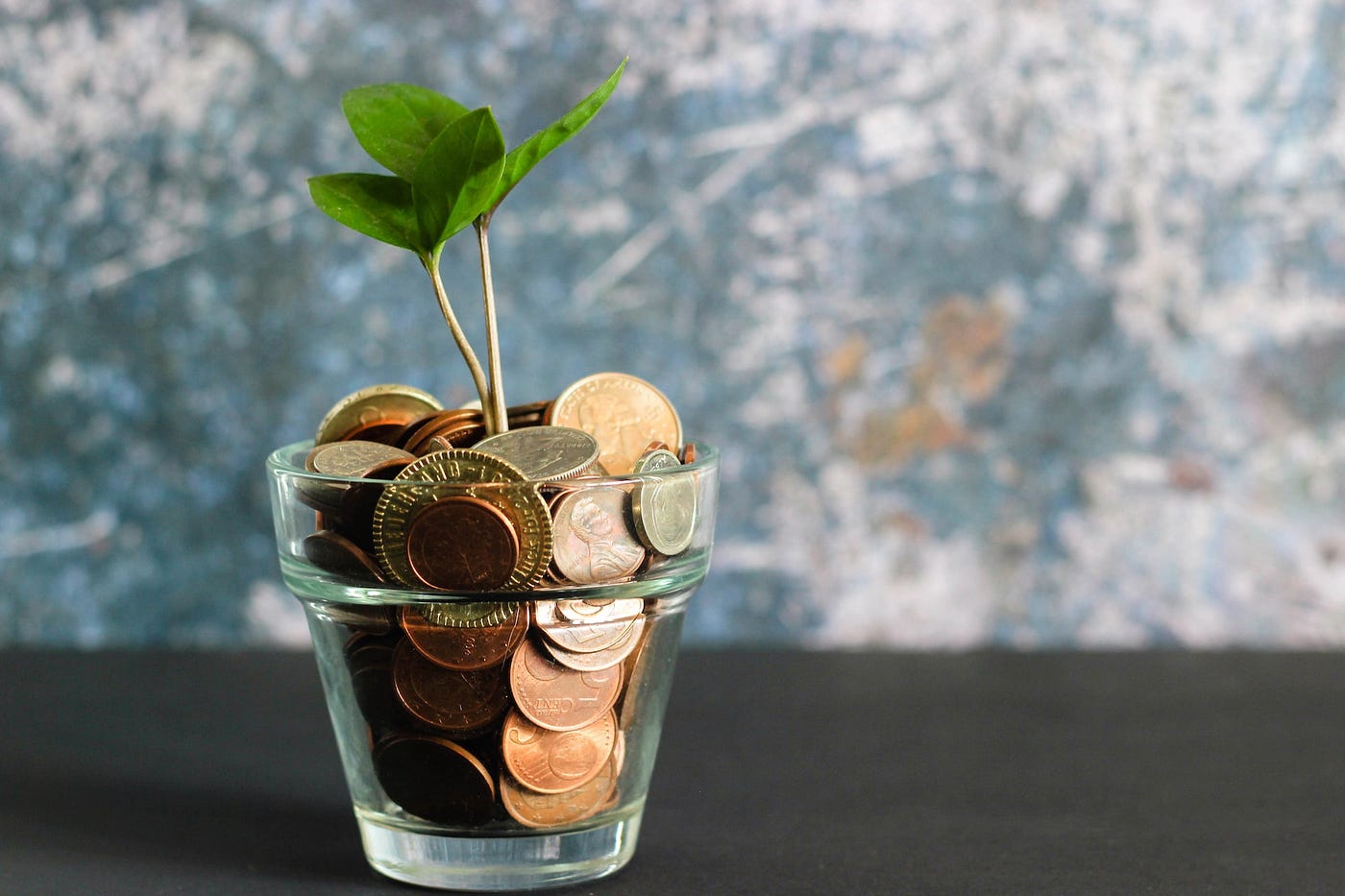Being financially free means more than just having millions in the bank. It’s about realizing your money meets your requirements, your investments help you achieve your goals, and your time belongs to you rather than your next pay. Though everyone’s definition of financial freedom is different, the end effect always seems the same: total control over how you live, spend, and plan. The essential question is not whether you can reach that level but rather what particular number unlocks that freedom in your particular circumstances.
Understanding Your Freedom Number Depends on More Than Just Income
The first step in determining how much money you need to reach financial freedom is knowing exactly what your real spending and lifestyle choices call for. It’s not a universal figure. While one individual may be able to live comfortably on $40,000 annually, another needs six figures in order to feel unconstrained. The aim is to find out what you need to keep up with your preferred way of life without depending on an active job. This covers basic needs, including shelter, food, transportation, and healthcare, as well as discretionary items, including travel, entertainment, and hobbies. By seeing your present and future spending from a magnified perspective, you create a clear aim rather than chasing a vague idea of “wealth.” From there, the emphasis moves to creating revenue sources and assets regularly supporting that figure.
Passive Income Replaces Traditional Work with Self-Sustaining Systems
Achieving financial freedom mostly depends on earning without regard to trading time for money. Covering your cost of living even while you’re not working helps passive income to be quite important. This can include rental properties, dividend-paying investments, royalties from creative work, or self-sustaining businesses. Each source can partially or completely replace your monthly financial obligations. You rely less on active work the stronger and more diversified these revenue sources become. When passive income regularly either meets or surpasses your expenses, you have reached financial freedom. Extreme wealth is not necessary for this; only long-term planning and strategic execution are.
Investing and Compounding Multiply Your Capital Over Time
The money you save is only the start. Smart investment of that capital lets it compound over time and increase faster than inflation, therefore hastening your road to financial freedom. Whether through real estate, the stock market, or other appreciating assets, the correct investments yield profits that multiply without additional effort. Often more important than timing the market is time in the market. Starting early can help you to maximize the effect of compounding interest on your financial development. A portfolio created with a mix of risk-managed techniques can offer both long-term appreciation and temporary income. Financial freedom is about making that income work for you over years to come, not about stockpiling cash.
Leveraging Tools and Capital Accelerates Your Progress
Your capacity to obtain financial freedom faster is much enhanced by access to more capital. Leveraged instruments in commercial initiatives, such as sponsored trading accounts or partnerships, provide chances to scale income without needing all the resources upfront. One sensible path is qualifying for trading capital through an instant funding prop firm, where demonstrated success enables access to big accounts and shared earnings. These systems turn knowledge and ability into quick financial advantage with the correct focus and approach. Strategic leveraging does not rely on luck; rather, it is the result of combining opportunity, preparation, and execution. You increase your earning potential and protect your resources by the wise use of other people’s capital.
Financial Freedom Also Means Mastering Emotional and Lifestyle Control
Reaching the number is only half of the equation. Real financial freedom calls for emotional control and lifestyle knowledge. Overspending, lifestyle inflation, and rash decisions can deplete wealth even more quickly than poor investments. Keeping control over your financial behavior indicates that, upon reaching freedom, you won’t give it up to needless consumption. Freedom is not about extravagance; it is about choices. That involves choosing to live below your means, saving more than you spend, and aligning with purchases to long-term fulfillment rather than short-term gratification. Your financial foundation stays strong no matter how the market moves when you adopt a perspective anchored in control, deliberate living, and future-oriented decisions.
Conclusion
Financial freedom is not a distant dream for a select few; it is a measurable goal achieved through intentional action. Your lifestyle, discipline, and the methods you set up to create revenue without continuous employment will determine how much money you need. Each day, you can get closer to that figure by means of wise planning, leveraged development, and strong control of your financial conduct. The path isn’t always quick, but it’s always forward—and the rewards are worth every step.

